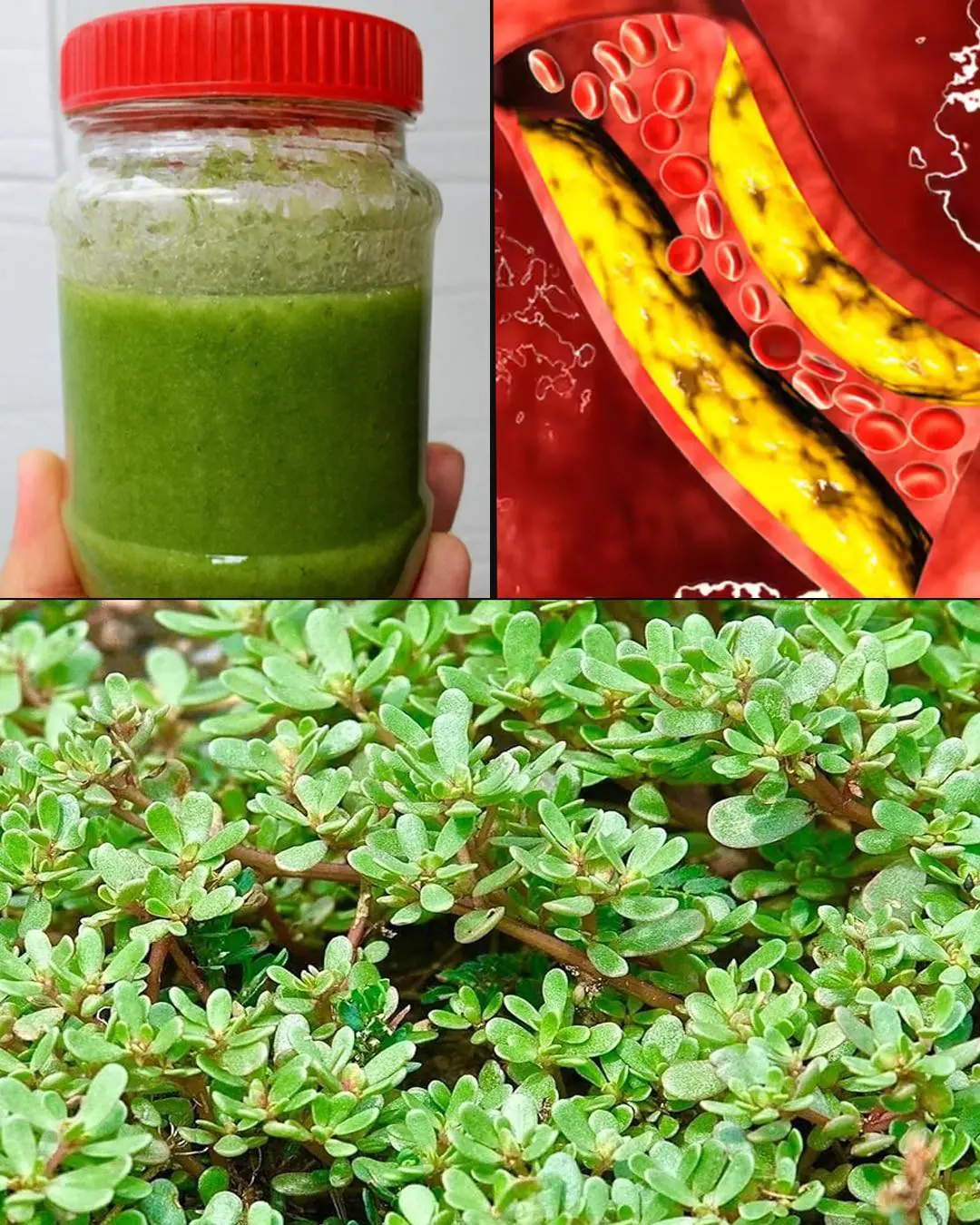
K Hospital Issues Warning: Daily Consumption of Processed Meats May Increase Cancer Risk – Don’t Ignore It!
Doctors from Vietnam’s K Hospital have raised alarms over the health dangers linked to frequent consumption of red meat and processed meat. According to their clinical nutrition experts, eating these foods daily may not only raise the risk of colorectal cancer, but also increase susceptibility to other cancers such as esophageal, lung, pancreatic, endometrial, and stomach cancers (Cafebiz, 2024; K Hospital Clinical Nutrition Center).
Scientific evidence from global studies
The World Cancer Research Fund (WCRF) has confirmed that excessive intake of unprocessed red meat and processed meat significantly elevates colorectal cancer risk. Specifically, every 50 grams of processed meat consumed daily increases cancer risk by 18%, while every 100 grams of unprocessed red meat raises the risk by 17% (WCRF Global Cancer Report, 2023).
Processed meats like sausages, bacon, and ham are often treated with nitrites and nitrates for preservation. When digested, these compounds can form N-nitroso compounds—known carcinogens that increase the risk of cancers in the digestive tract (VietnamNet, 2024).
A study from the EPIC-Norfolk cohort revealed that higher levels of N-nitrosodimethylamine (NDMA) were associated with a 1.13-fold increase in gastrointestinal cancer risk, and up to 1.46 times higher risk for rectal cancer. These findings underscore how industrial preservatives may contribute to long-term DNA damage and tumor development (EPIC Study, European Journal of Nutrition, 2022).
Why processed meat is dangerous
Processed meats often contain high levels of salt and chemical additives, which can erode the stomach lining and promote the growth of Helicobacter pylori, a bacterium linked to stomach cancer. Additionally, the heme iron naturally found in red meat can promote oxidative stress, leading to lipid peroxidation, protein damage, and DNA mutations (Healthline, 2023).
When red meat is cooked at high temperatures—such as grilling, roasting, or pan-frying—it can produce heterocyclic amines (HCAs) and polycyclic aromatic hydrocarbons (PAHs). These compounds form when amino acids, creatine, and sugars react under high heat, creating carcinogenic by-products (WHO/IARC, 2023).
WHO and IARC findings: Processed meat classified as carcinogenic
In 2015, the International Agency for Research on Cancer (IARC)—a branch of the World Health Organization (WHO)—analyzed over 800 scientific studies and concluded that processed meat is a Group 1 carcinogen, placing it in the same risk category as tobacco and asbestos (BBC, 2023).
The report found that consuming just 50 grams of processed meat daily—the equivalent of one sausage or two slices of bacon—can raise colorectal cancer risk by 18%. The warning caused a global uproar, especially in regions where processed meat is part of daily culture, such as Europe and the United States.
However, WHO emphasized that while red meat also carries a potential risk, it remains a valuable source of nutrients like protein, zinc, and vitamin B12, when consumed in moderation (WHO, 2023).
Expert advice from K Hospital, Vietnam
In Vietnam, the WHO’s findings sparked public concern. Dr. Phạm Thị Việt Hương from K Hospital in Hanoi clarified that the danger lies in excessive consumption, not occasional eating. “It doesn’t mean that eating a single sausage will cause cancer,” she explained. “The risk only arises when intake reaches harmful levels and continues over time.”
Dr. Đoàn Lực, another expert from the same hospital, added that maintaining a healthy diet and body weight plays a major role in cancer prevention. He recommended three key principles:
-
Maintain an ideal body weight, keeping increases under 10% of the ideal level.
-
Follow a balanced, nutrient-rich diet, minimizing processed foods.
-
Choose safe, high-quality ingredients and avoid excessive fat intake.
According to K Hospital’s nutrition center, adhering to the WCRF guideline—limiting red meat to under 500 grams per week and avoiding processed meats as much as possible—can greatly reduce cancer risk (Cafebiz, 2024; VietnamNet, 2024).
Cultural habits and dietary awareness
While processed meats like sausages, smoked pork, and dried beef are staples in many cuisines, including Europe, the U.S., and parts of Asia, experts urge moderation. In countries like Vietnam, where lạp xưởng and dried beef are popular, raising public awareness about healthy consumption patterns is crucial.
Takeaway
Processed meats may be convenient and tasty, but science is clear—they come with a measurable cancer risk. Occasional consumption is unlikely to harm, but daily intake can gradually damage cells and increase long-term health threats.
“Moderation is key. Eat less processed meat, prioritize fresh protein sources like fish, legumes, or lean poultry, and always balance your diet,” advises Dr. Hương (K Hospital, 2024).
News in the same category

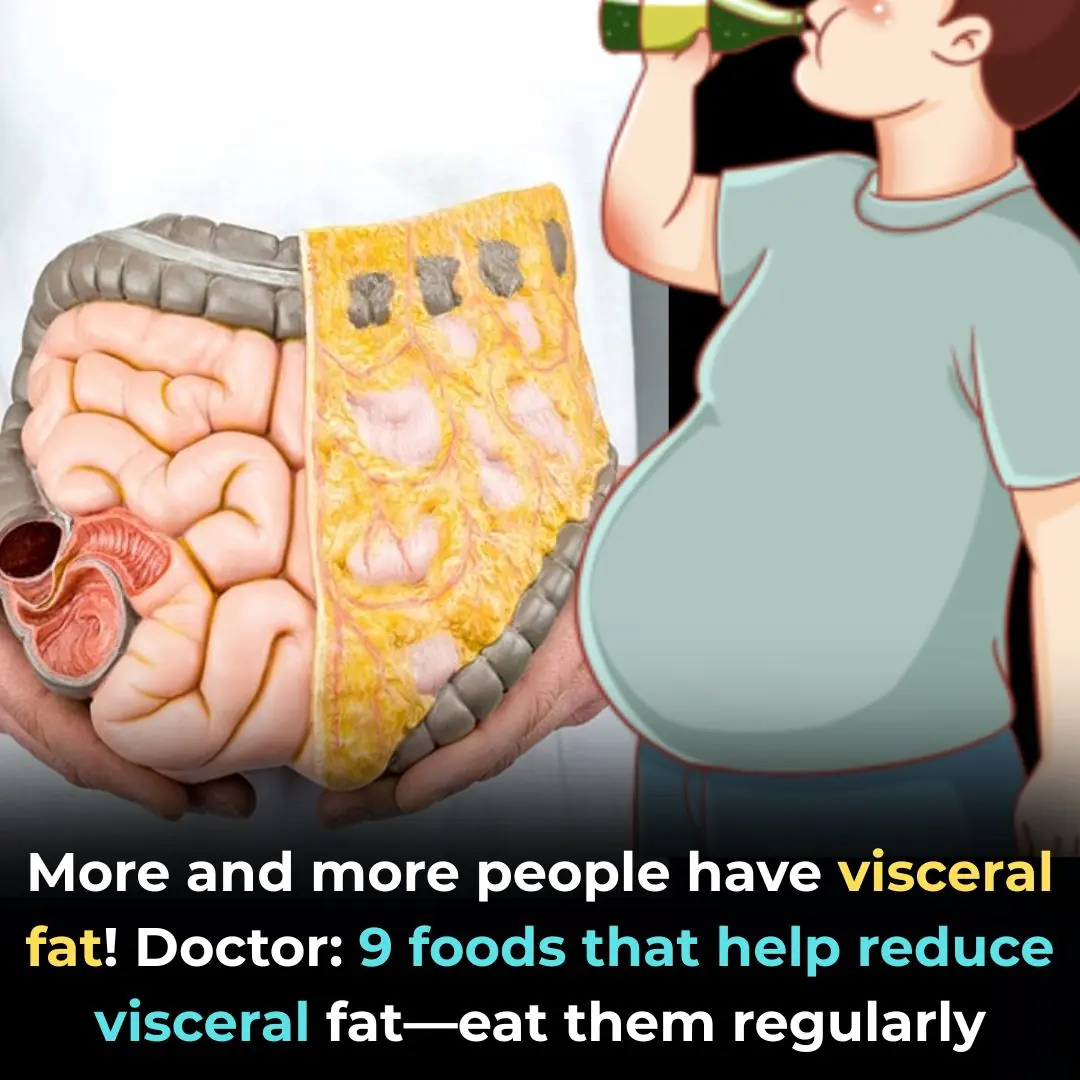
Growing Concern Over Visceral Fat — Doctors Recommend 9 Foods to Help Burn It Naturally

‘This Is An Opportunity For You To Get Some Portal Film’ | Deion Sanders’ Ruthless Scrimmage Urging Bench Players To Transfer Angers Fans

Texas Cheerleader Jumps Off Homecoming Float To Save Choking Toddler

Meet Andrea Walls, the Artist Preserving Black Stories Through Photography
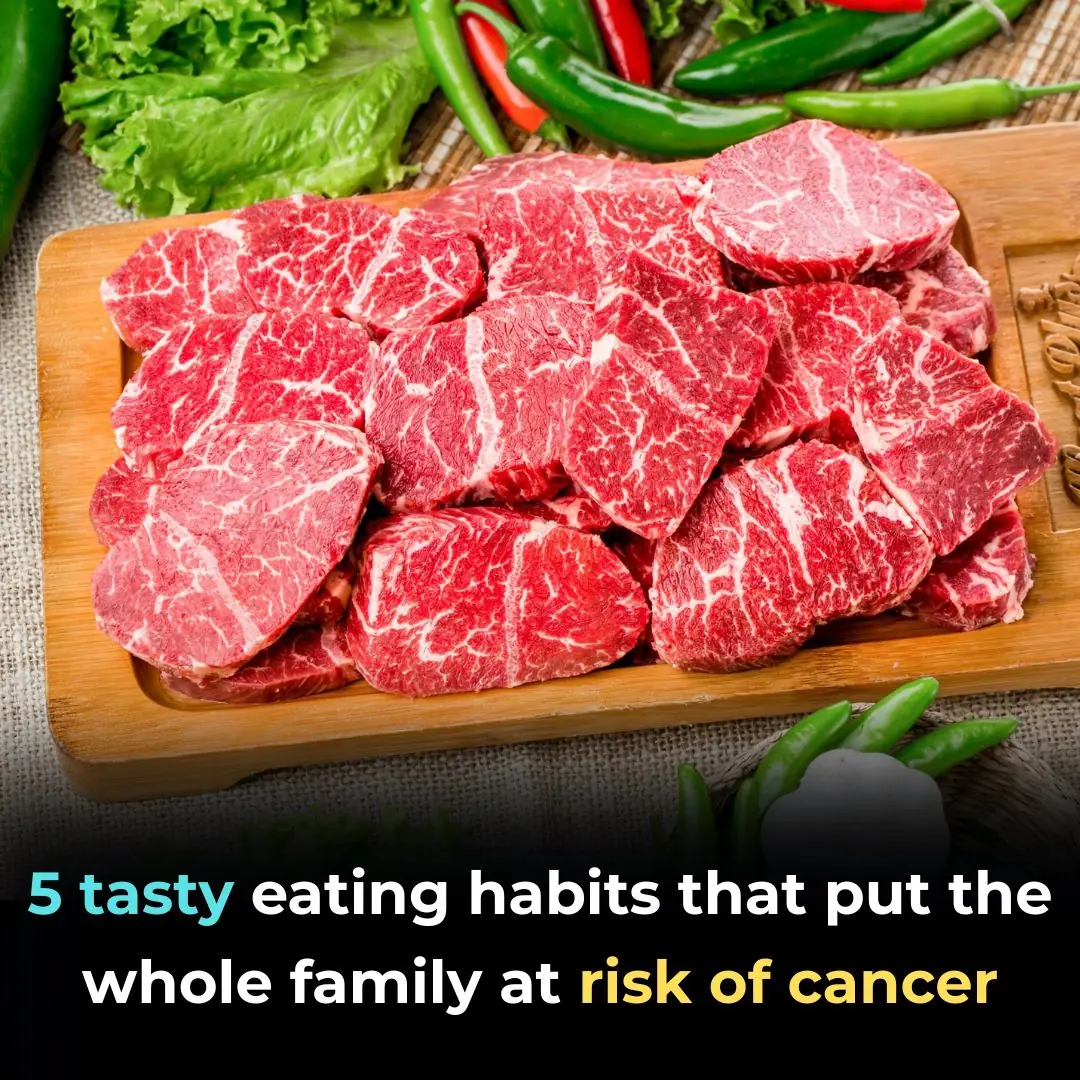
5 Tasty Eating Habits That Could Be Silent Cancer Risks for the Whole Family — Avoid Them Now

Do You Need to Unplug Your Rice Cooker After the Rice Is Done?
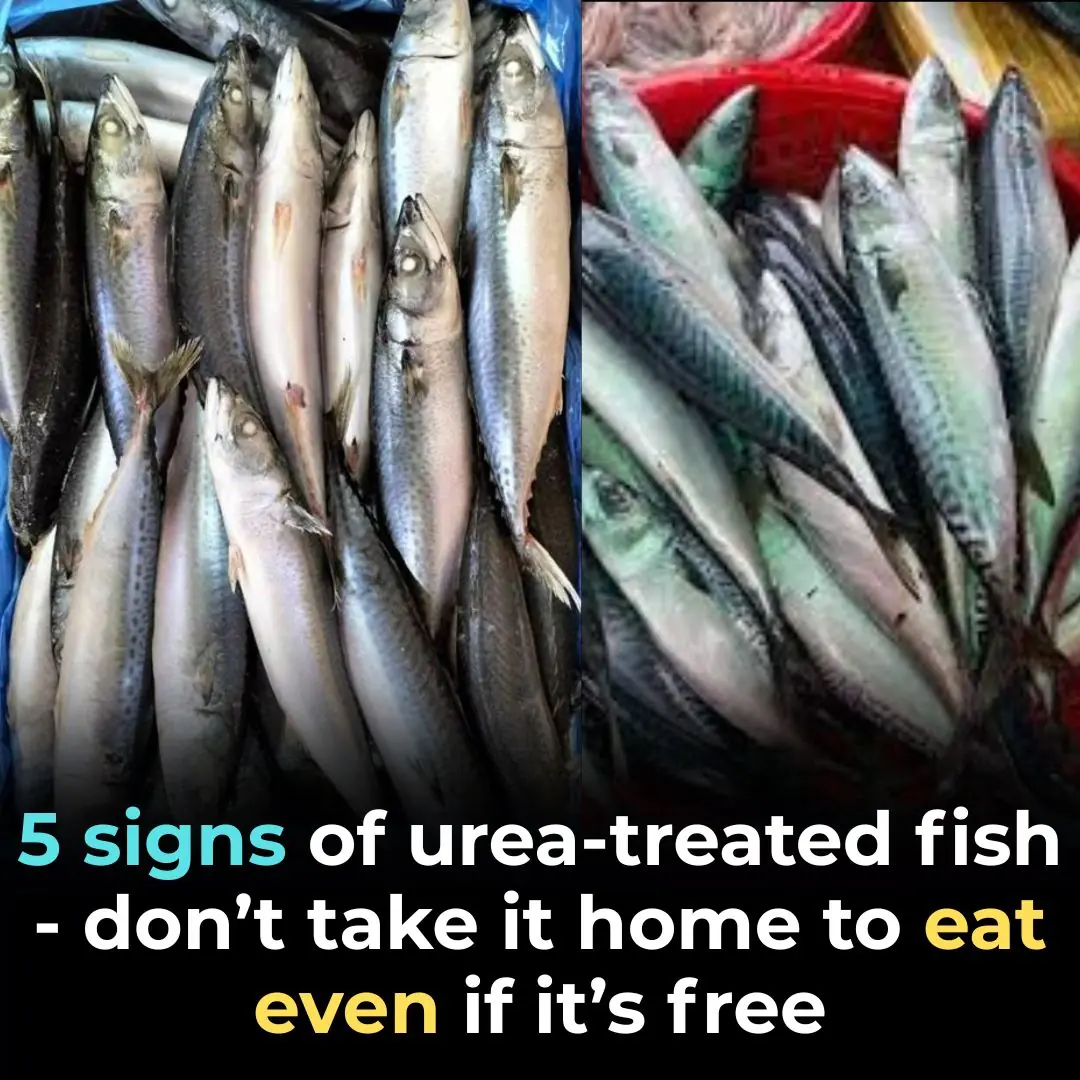
5 Warning Signs of Fish Preserved with Urea – Don’t Take It Home Even If It’s Free
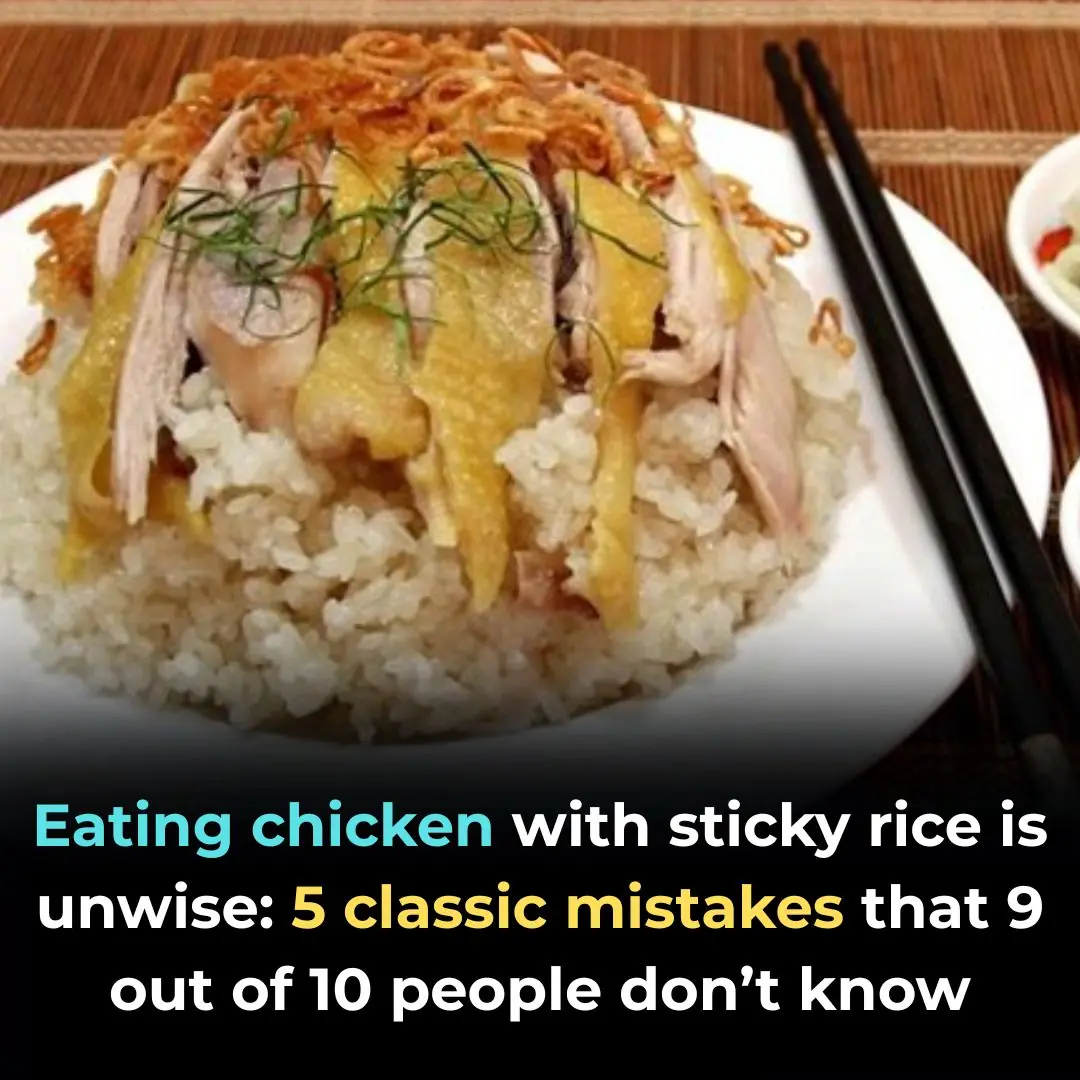
Eating Chicken with Sticky Rice Is a Mistake: 5 Classic Food-Combining Errors That 9 out of 10 People Don’t Know
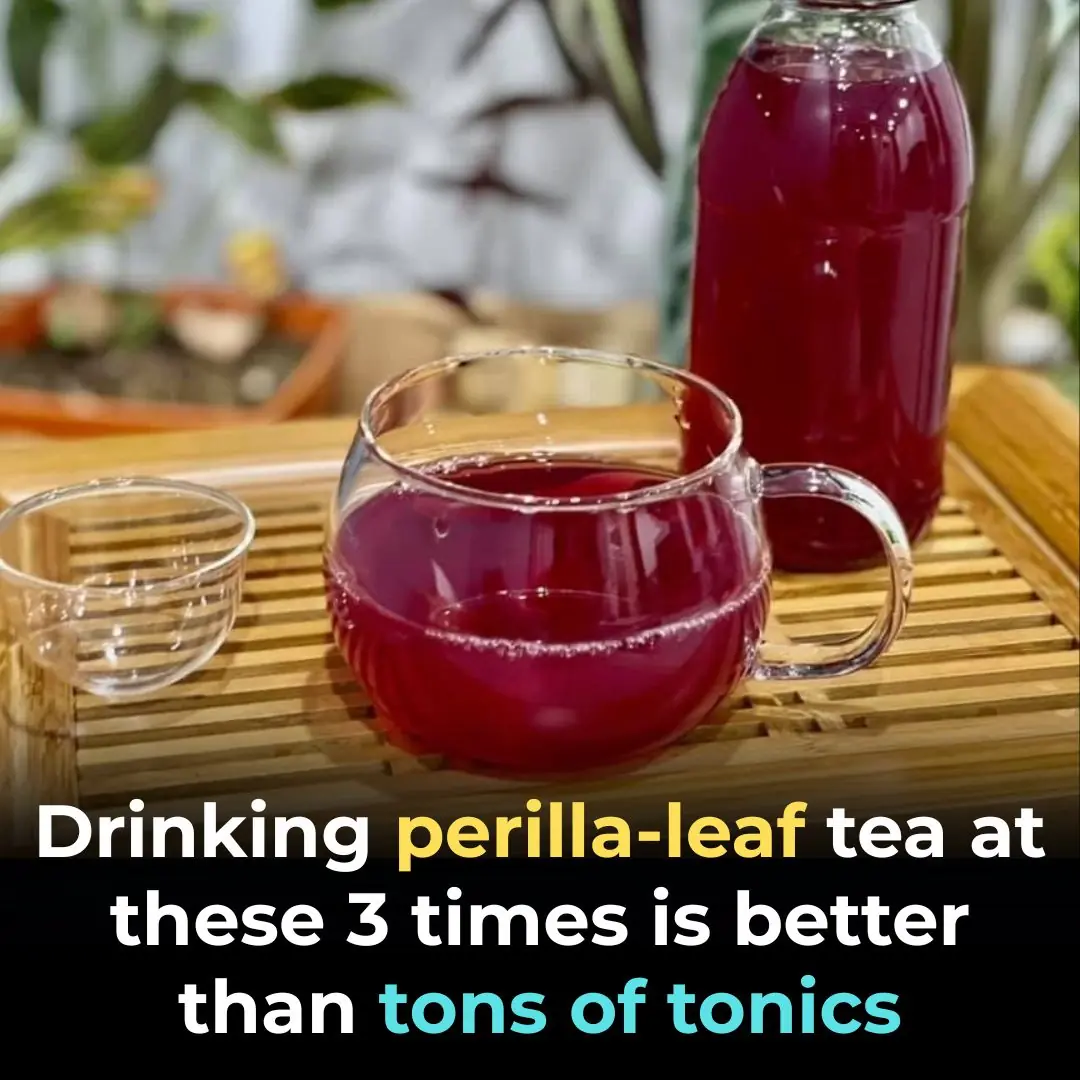
Three Optimal Times to Drink Perilla Leaf (Lá Tía Tô) Tea—And Most People Don’t Know Them

Single Dad Adopts 5 Siblings Under The Age Of Six So They Can Stay Together

21 Year Old Hotel Employee Who Managed 90 Guests Alone During Tropical Storm Is Gifted New Car

Texas Southern University Debate Team Wins 5th World Championship Title

Meet Faith Couch, the Photographer Transforming the Way We See Black Love

People mind-blown by futuristic 'doll house' neighborhood in China home to over 1,000 units

Incredible story of teen who survived 49 days lost at sea on floating fish trap

YouTuber uncovers hidden city under water that's been missing for almost 100 years

'Zombie' volcano believed to be extinct for 710,000 years now showing signs of life
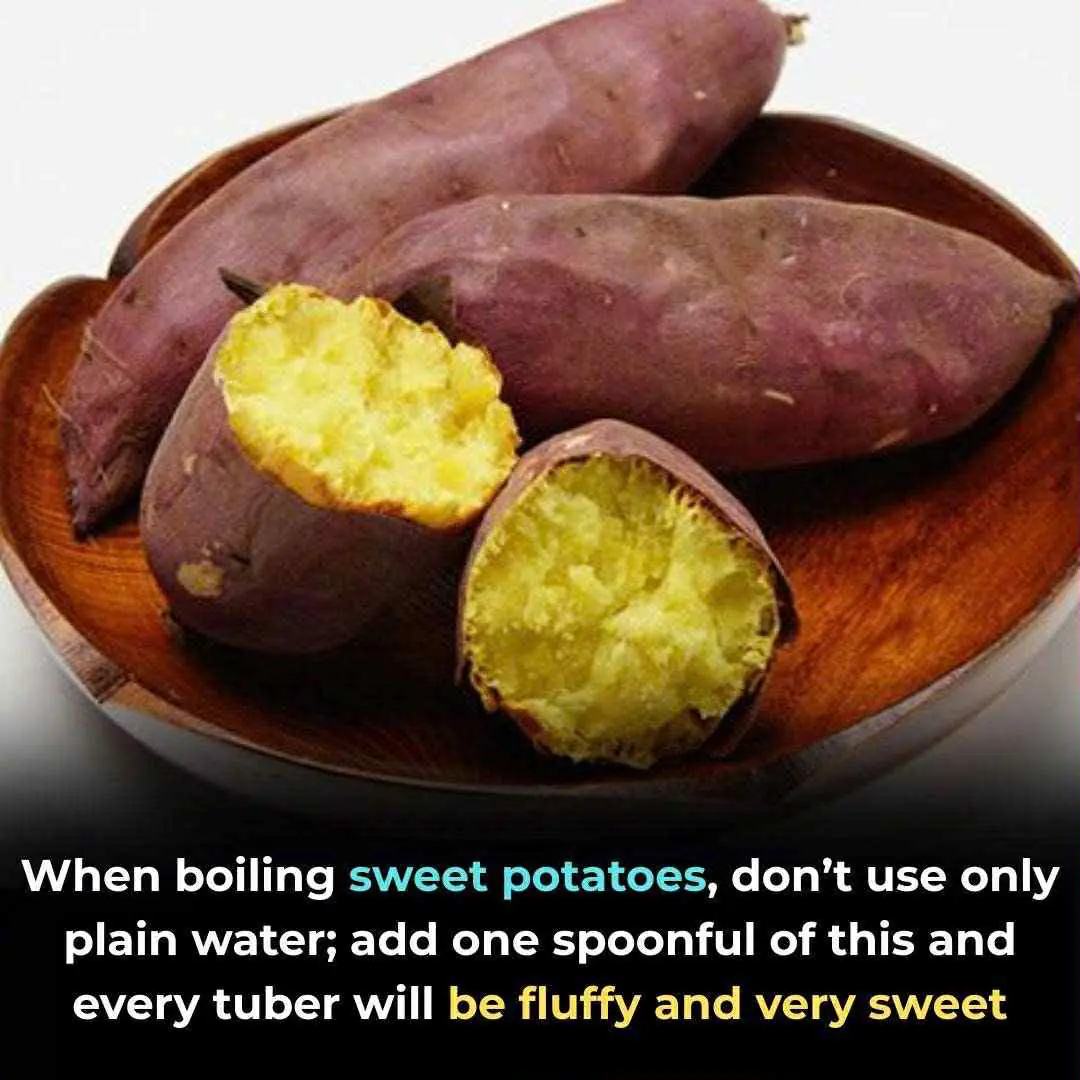
The Secret to Perfectly Sweet and Fluffy Boiled Sweet Potatoes: Add Just One Spoon of This!
News Post
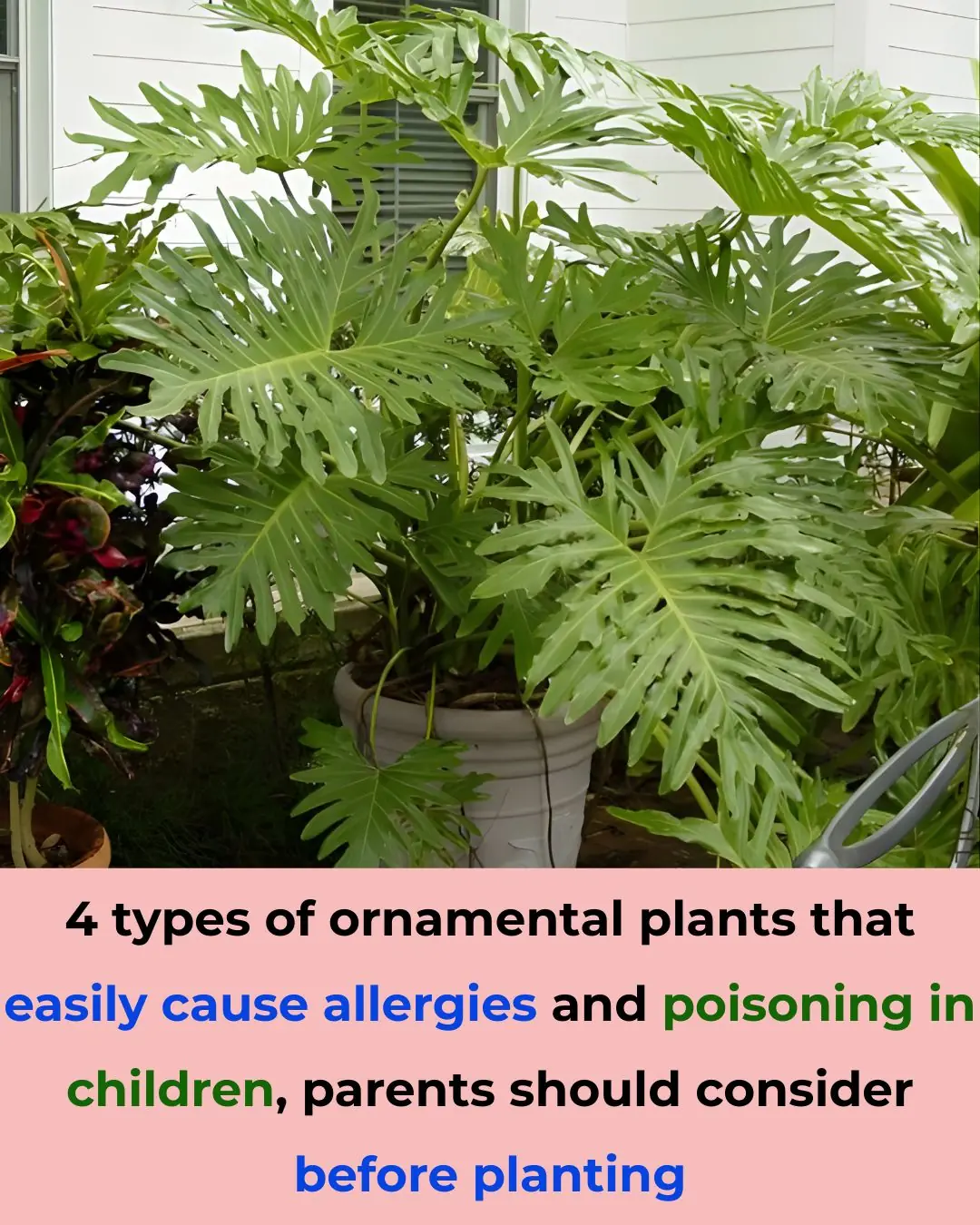
4 types of ornamental plants that easily cause allergies and poisoning in children, parents should consider before planting
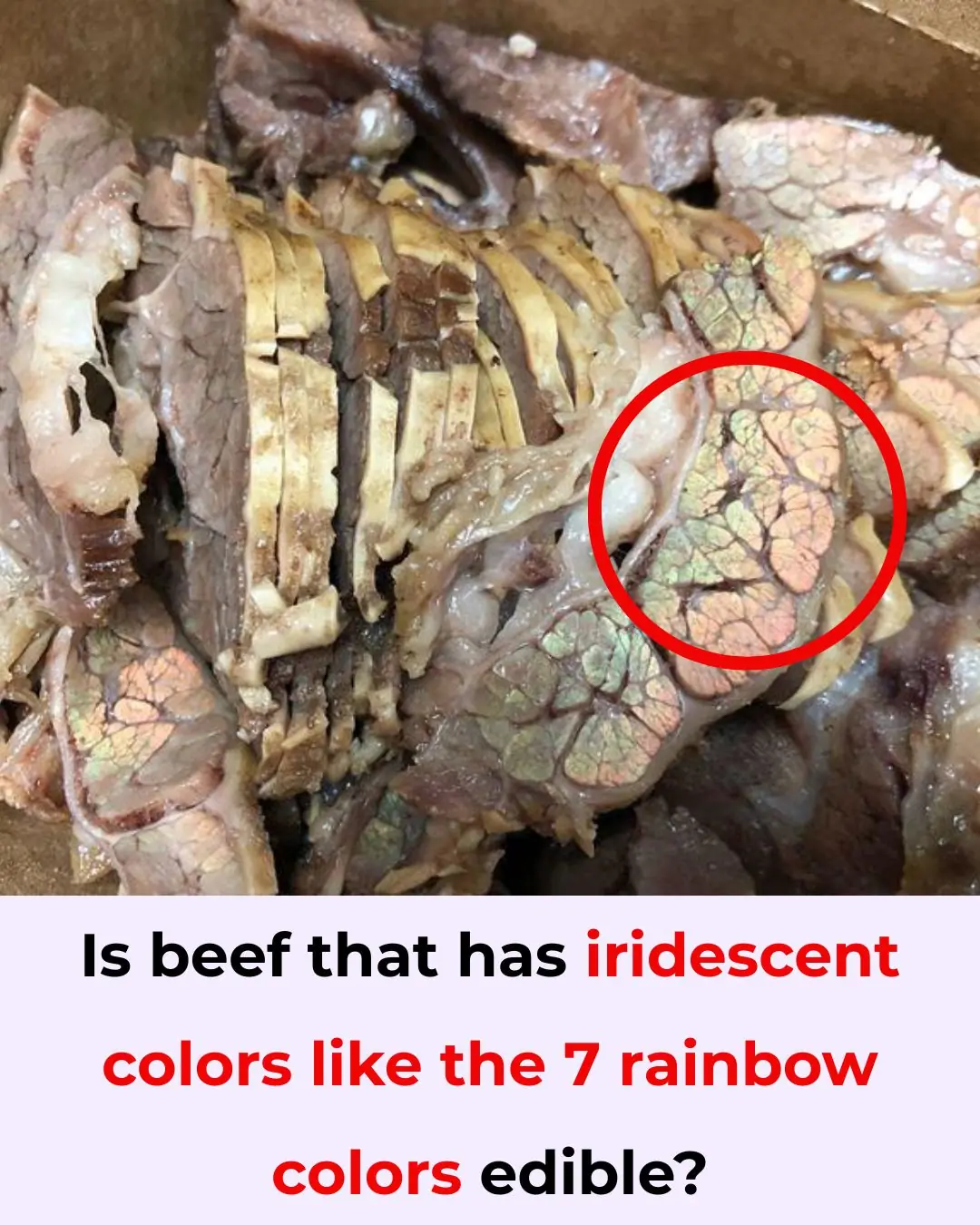
Is beef that has iridescent colors like the 7 rainbow colors edible?

🚽 How to Remove Limescale Stains from Your Toilet Bowl — Naturally & Without Harsh Chemicals
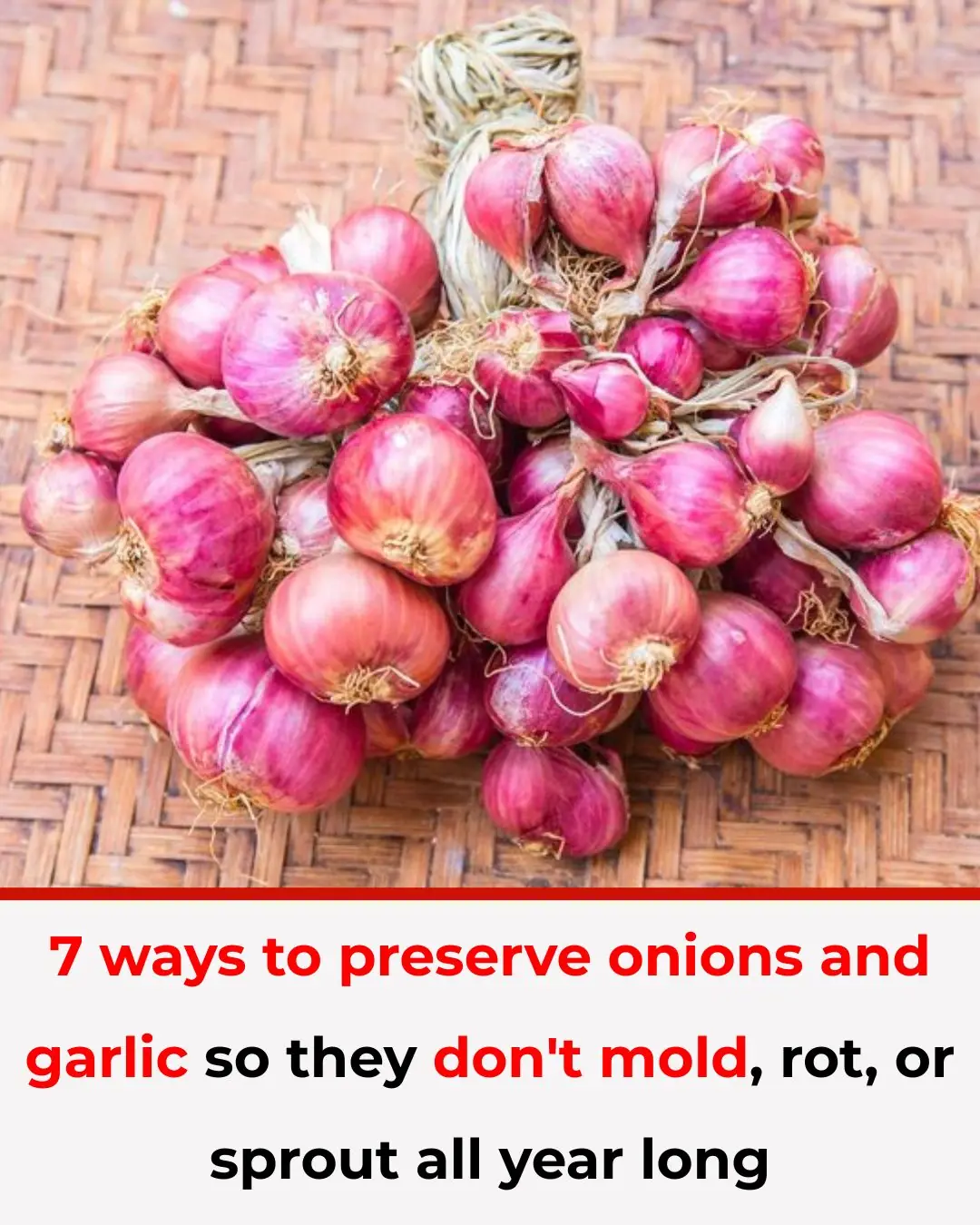
7 ways to preserve onions and garlic so they don't mold, rot, or sprout all year long

Squeeze lemon juice into the rice cooker before cooking? Simple operation but surprising effects

Put a bowl of salt in the refrigerator: A small but effective tip that makes me regret knowing it after 30 years

Most Attractive Hobby a Man Can Have According to Women

The Hidden Power of the Hole in Your Kitchen Knife — 7+ Surprising Uses You Probably Didn't Know

Most people will go their entire lives without ever knowing what the microwave ring cover is actually for

10 Morning Habits That Are Surprisingly Harmful to Your Health
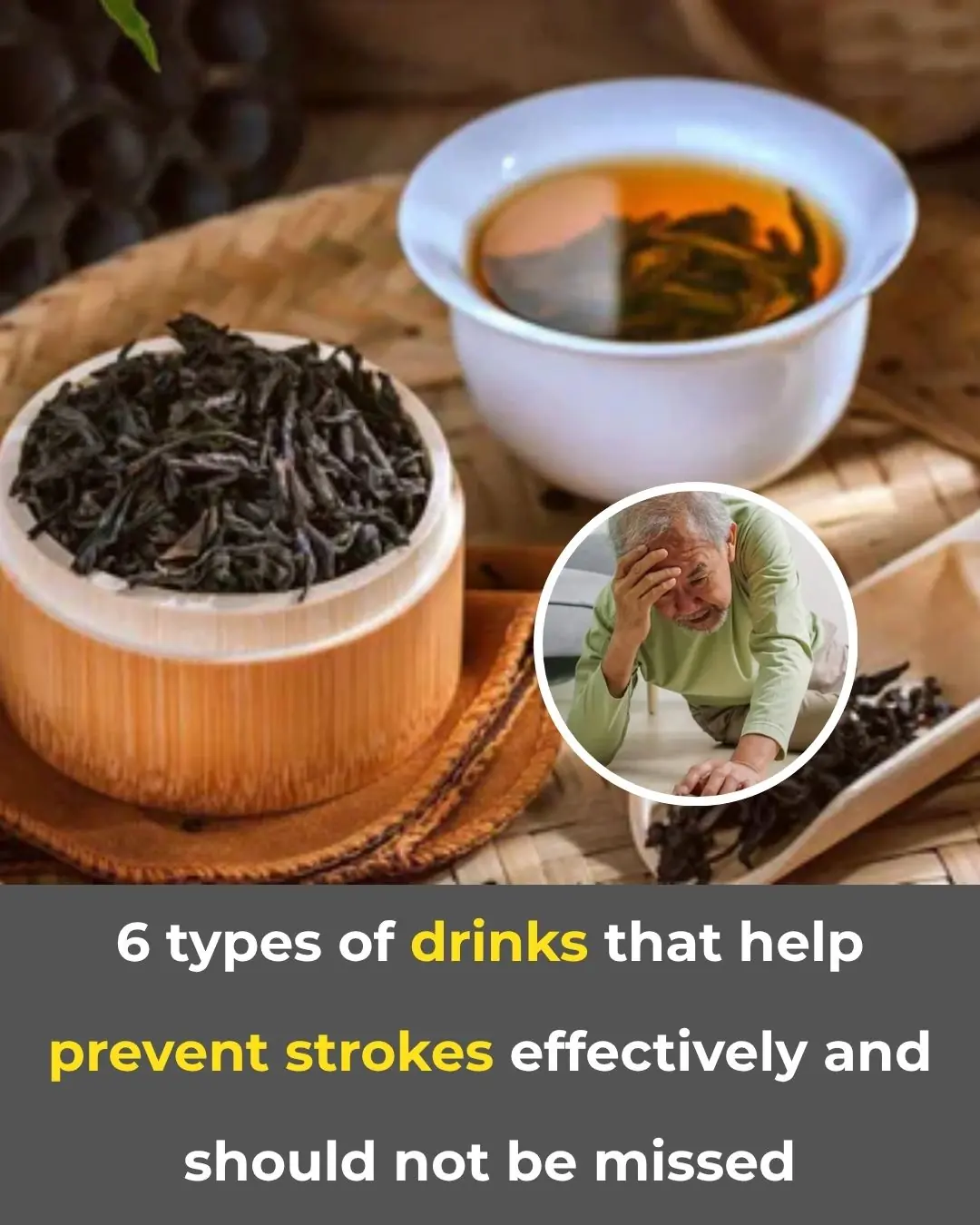
6 Effective Drinks to Help Prevent Stroke – Don’t Overlook These Choices

DENTISTS HATE HOW SIMPLE THIS TEETH WHITENING HACK IS
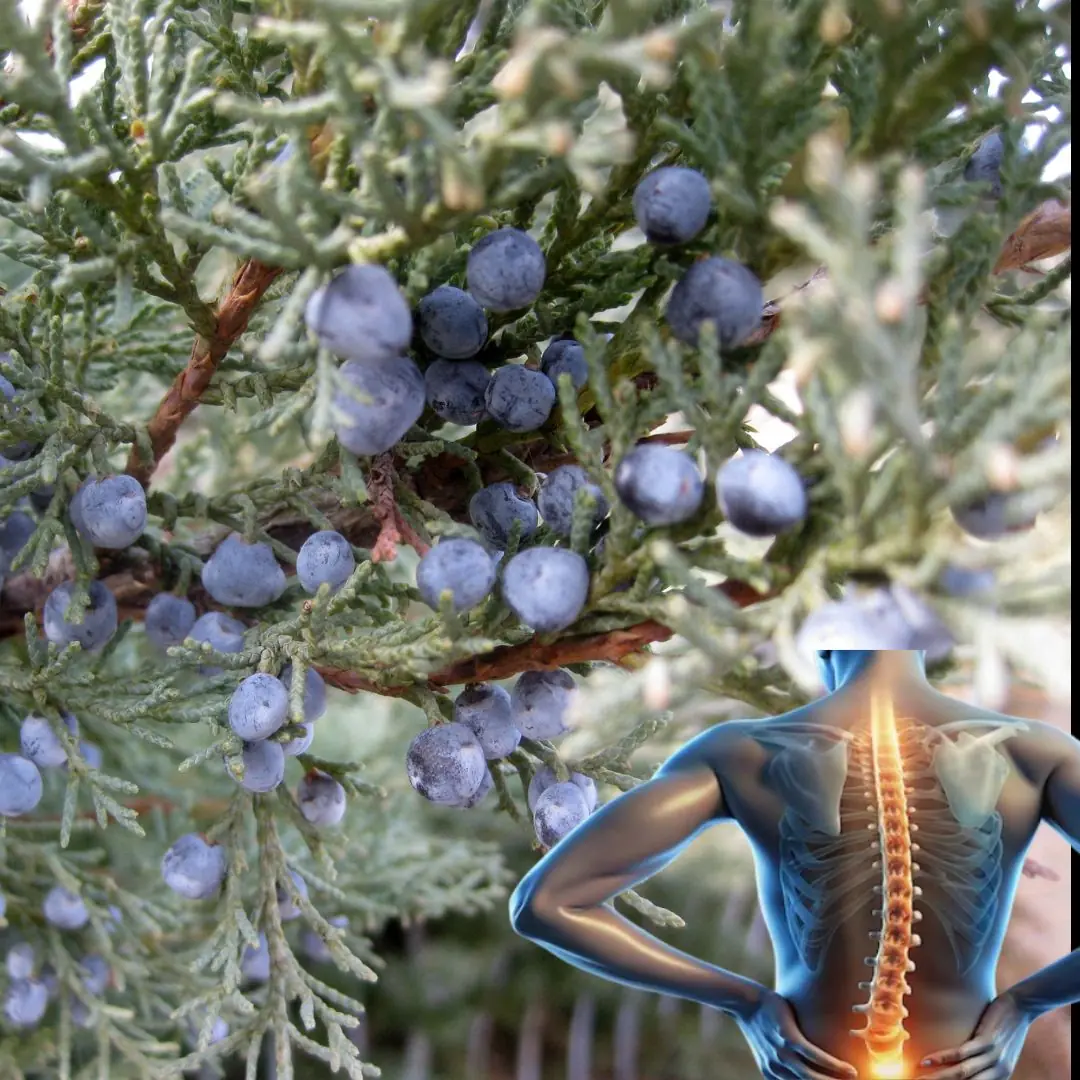
Juniper: A Comprehensive Guide to Its Benefits and Uses

Unveil Colgate’s Secret for Silky-Smooth Feet
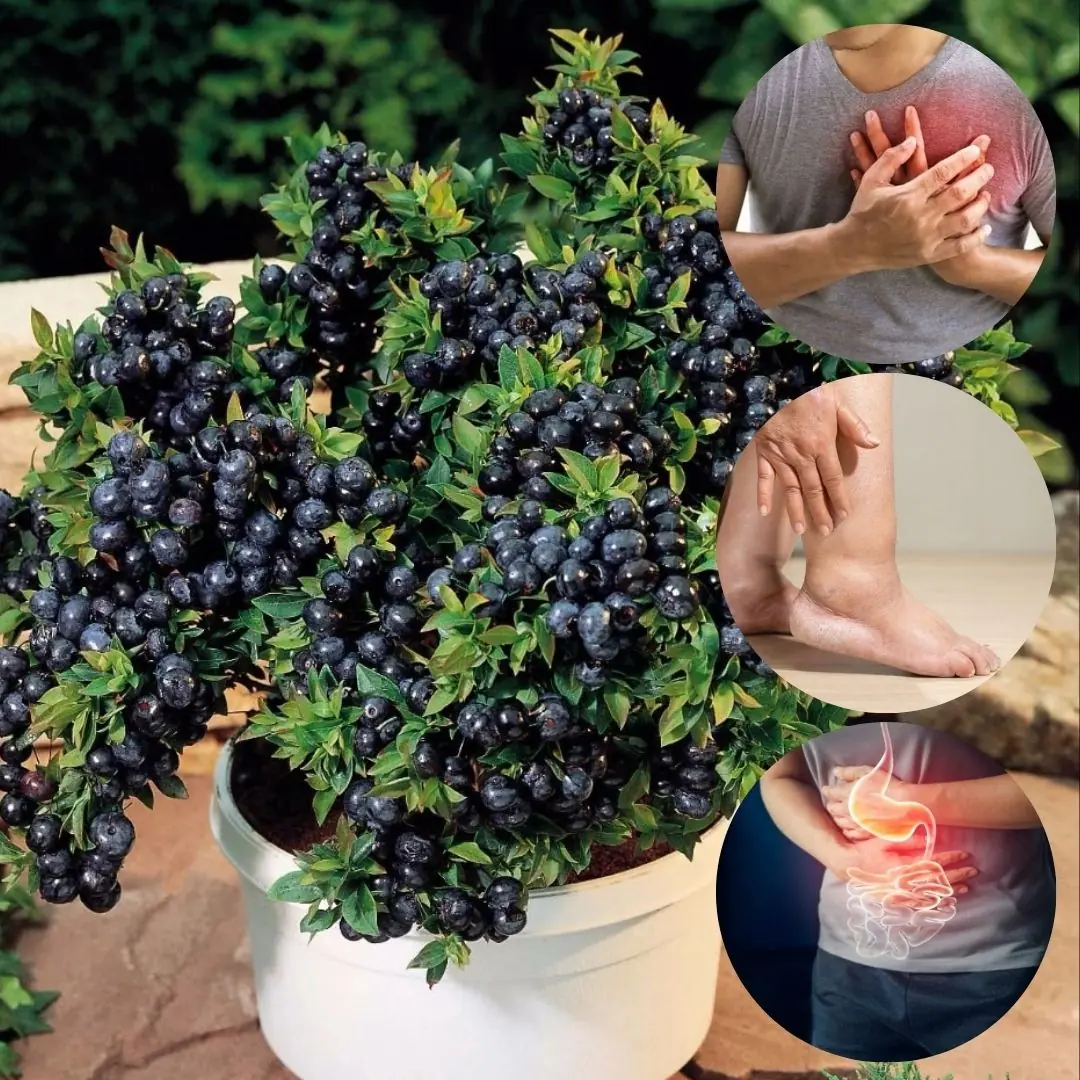
Evergreen Huckleberry (Vaccinium ovatum) – Benefits, Uses, and Growing Guide

A 3-Year-Old Boy Got Super Glue in His Eye — His Mother’s “Golden 30 Seconds” Saved His Sight

Growing Concern Over Visceral Fat — Doctors Recommend 9 Foods to Help Burn It Naturally

7 Amazing Health Benefits of Banana Blossoms
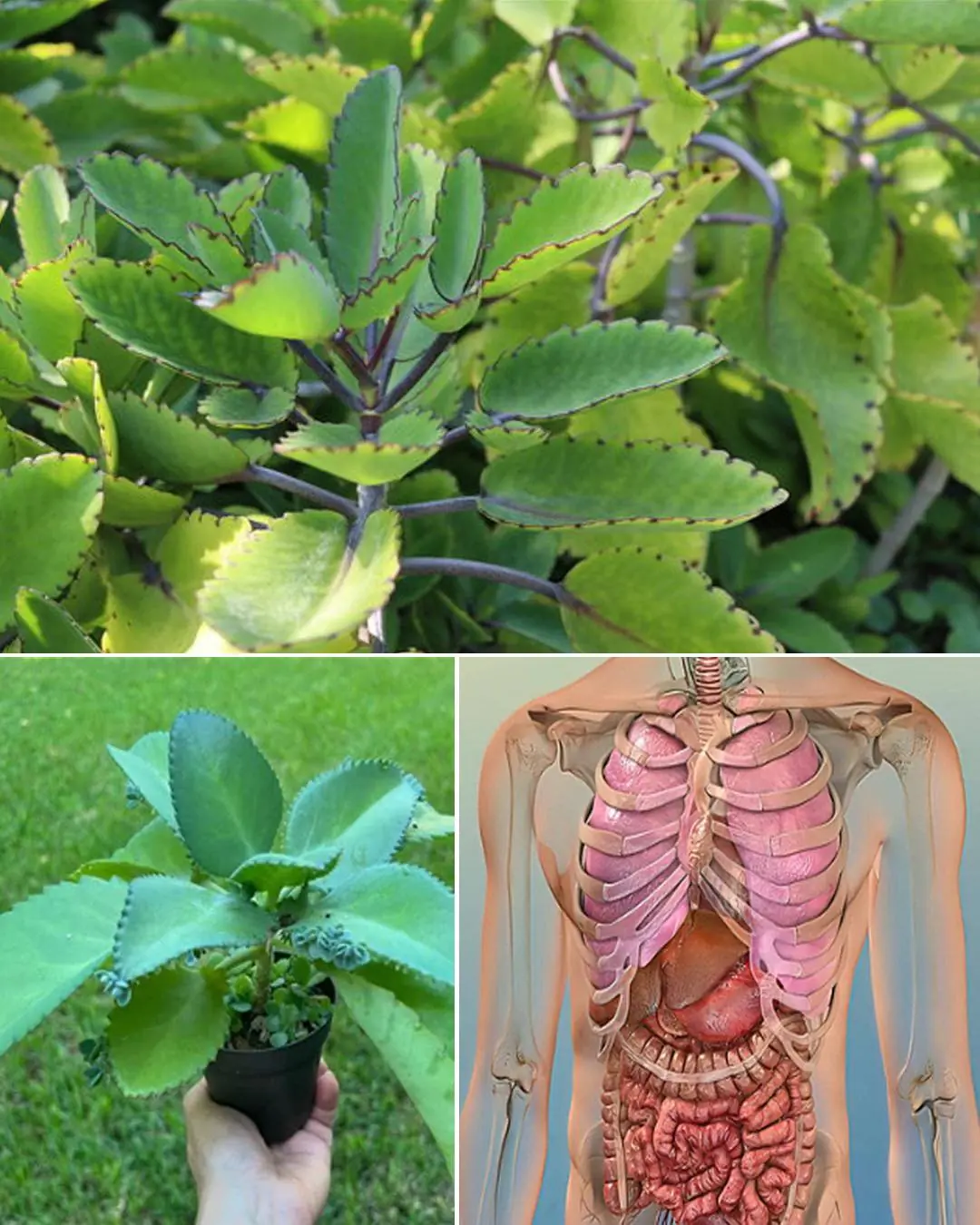
Bryophyllum Calycinum (Kalanchoe Pinnata): Benefits and Uses
